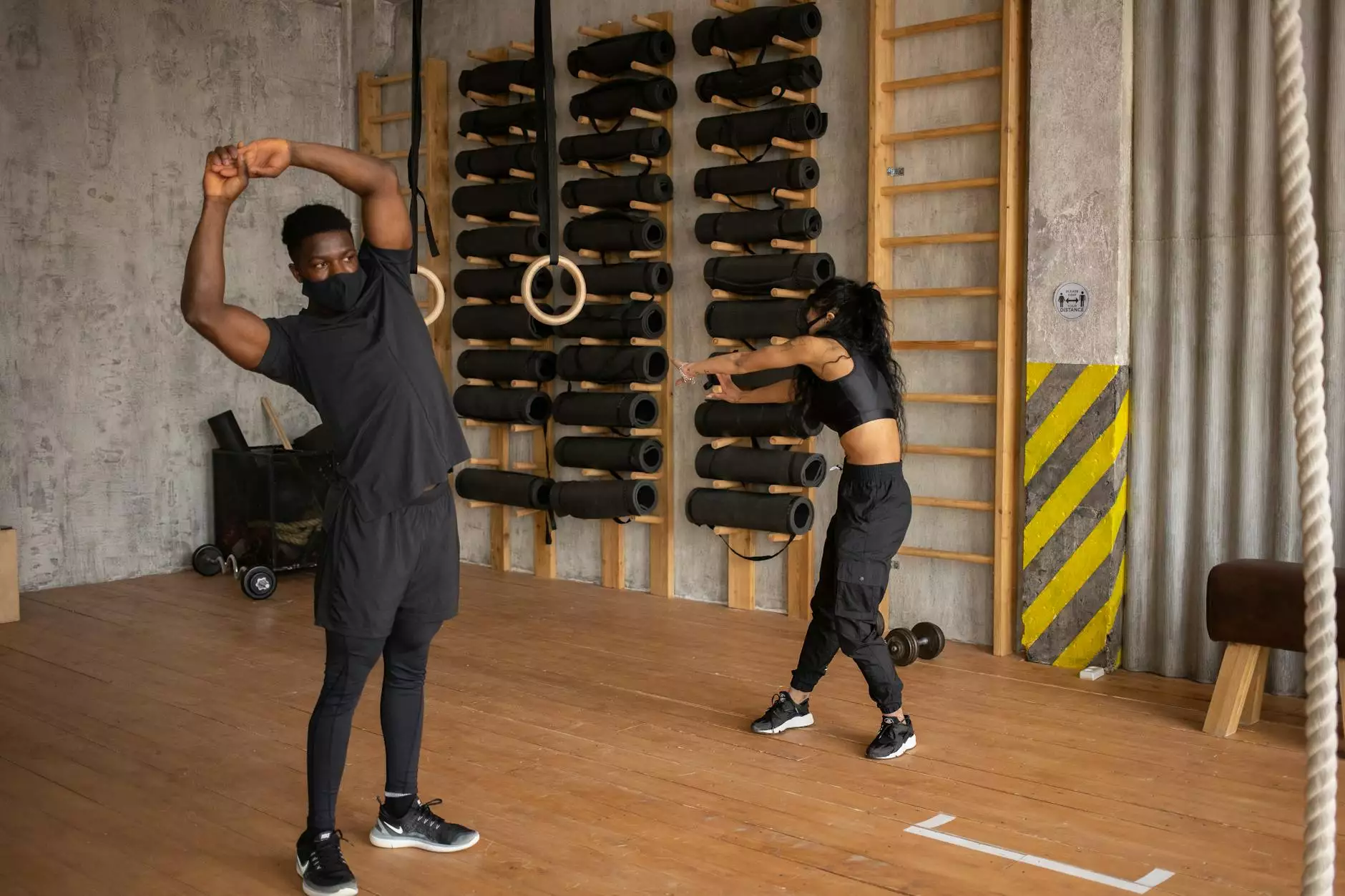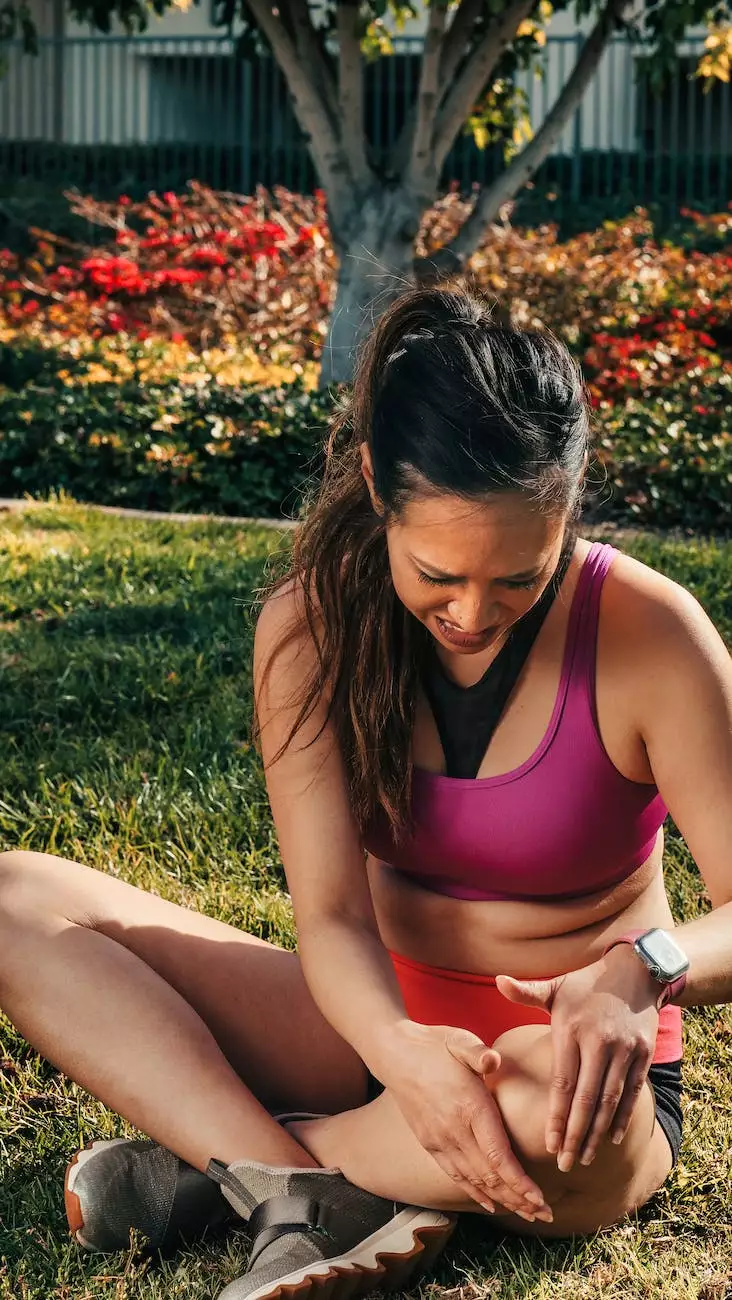Golf - Common Injuries
Physical Therapy
Introduction
Welcome to Thrive Rolfing's comprehensive guide on common injuries in golf. Whether you are a seasoned golfer or just starting out, it's crucial to understand the potential injuries that can occur during this sport. In this article, we will explore various types of golf-related injuries, their causes, prevention methods, and how Thrive Rolfing can support your recovery and overall golf performance.
The Importance of Injury Prevention
As with any physical activity, golf carries the risk of injury, especially if proper precautions are not taken. By taking proactive measures to prevent injuries, you can ensure a safe and enjoyable experience on the golf course. Thrive Rolfing specializes in alternative and natural medicine and offers effective techniques to help prevent injuries associated with golf.
Common Injuries in Golf
- Golfer's Elbow: Golfer's elbow, or medial epicondylitis, is a condition characterized by inflammation and pain on the inner side of the elbow. It occurs due to overuse of the forearm muscles during the golf swing.
- Tennis Elbow: Tennis elbow, or lateral epicondylitis, is similar to golfer's elbow but affects the outer side of the elbow. It is also caused by repetitive motion and strain on the forearm muscles.
- Lower Back Pain: Lower back pain is a common complaint among golfers. The twisting and rotational forces exerted during the golf swing can lead to muscle strains, herniated discs, or sciatica.
- Golfer's Knee: Golfer's knee, or patellar tendinitis, involves the inflammation of the patellar tendon. It typically occurs due to the repetitive stress placed on the knee joint during the golf swing.
- Shoulder Injuries: Golfers are prone to shoulder injuries, including rotator cuff strains and impingement syndromes. These injuries can result from improper swing mechanics or overuse of the shoulder joint.
- Wrist and Hand Injuries: The repetitive motion of the golf swing can lead to injuries such as tendonitis, ligament strains, and carpal tunnel syndrome in the wrist and hand.
Prevention and Treatment
Preventing golf-related injuries is crucial for maintaining a consistent and enjoyable game. Here are some preventive measures and treatment options to consider:
1. Proper Warm-up and Stretching
Before stepping onto the golf course, it's essential to warm up your muscles and perform dynamic stretching exercises. This helps improve flexibility and reduce the risk of strains or pulls during the swing.
2. Correct Swing Mechanics
Working with a golf professional or instructor can help you develop proper swing mechanics. A well-executed swing minimizes the strain on specific body parts, reducing the risk of injuries.
3. Strength and Conditioning
Strength training exercises targeted at the muscles used in golf can enhance stability and prevent injuries. Additionally, incorporating cardiovascular exercises improves overall fitness and endurance on the course.
4. Post-Round Recovery
After a round of golf, taking time to stretch and engage in post-round recovery techniques such as massage can alleviate muscle tension and promote healing.
How Thrive Rolfing Can Help
Thrive Rolfing, a leading provider of alternative and natural medicine, specializes in addressing golf-related injuries and optimizing performance through holistic approaches. Our team of highly skilled practitioners offers a range of services tailored to individual needs:
Rolfing Structural Integration
Rolfing Structural Integration is a unique approach that focuses on balancing and realigning the body's structure. By releasing tension and improving posture, Rolfing can enhance golf performance and prevent injuries.
Myofascial Release Therapy
Myofascial Release Therapy targets the fascial system, an intricate network of connective tissues that surround and support muscles. By addressing fascial restrictions, this therapy promotes flexibility, decreases pain, and enhances athletic performance.
Massage Therapy
Massage therapy, including deep tissue massage and sports massage, provides relief from muscle tension and improves circulation. Regular massage sessions can help prevent injuries and aid in recovery.
Stretching and Rehabilitation Exercises
Our experts will guide you through specific stretching and rehabilitation exercises designed to address golf-related injuries and strengthen the supporting muscles.
Conclusion
Understanding common injuries in golf and taking preventative measures are key to improving your overall golf experience. Thrive Rolfing offers effective solutions to optimize your golf performance, prevent injuries, and support your recovery. Consult our experienced team to enhance your game and enjoy golf to the fullest.










